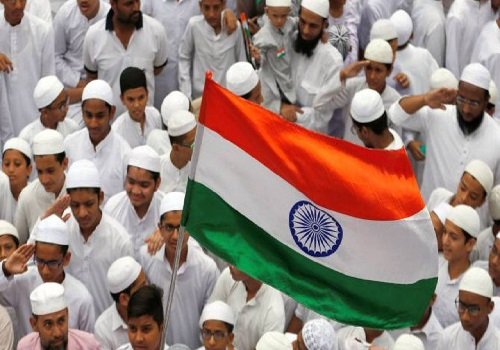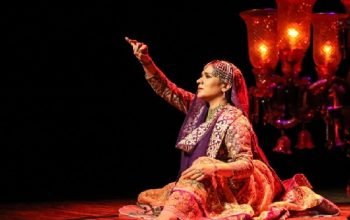Resham Fatima
India, a nation celebrated for its rich tapestry of cultures, languages, and religions, is home to a diverse populace, including millions of Muslims who have significantly contributed to its social, cultural, and economic fabric. Among them, the peace-loving Indian Muslim stands as a testament to the ideals of harmony, coexistence, and constructive participation in the nation’s progress. The history of Islam in India dates back over a millennium, marked by periods of cultural synthesis and peaceful coexistence. From the Mughal Empire’s architectural marvels like the Taj Mahal to the Sufi traditions of inclusivity and spirituality, Indian Muslims have played an integral role in shaping the subcontinent’s heritage. This legacy continues in modern India, where Muslims contribute to various sectors, emphasising peace and unity.
Indian Muslims have produced numerous luminaries whose lives epitomise the principles of peace and social justice. Abdul Kalam, India’s “Missile Man” and a beloved former President, is a prime example. His work in aerospace science and his vision for India’s future have left an indelible mark on the nation. Similarly, Maulana Abul Kalam Azad, a freedom fighter and India’s first Minister of Education, advocated for educational reforms and communal harmony. Beyond these prominent figures, everyday contributions of peace-loving Indian Muslims are profound. In cities and villages, Muslims engage in various professions, from agriculture and small businesses to education and technology. Their everyday acts of kindness, community service, and interfaith dialogue foster a culture of mutual respect and understanding. For instance, during the COVID-19 pandemic, numerous Muslim organizations and individuals stepped up to provide relief across religious lines, highlighting the community’s commitment to humanitarian values. Hamdard National Foundation is a notable example of offering medical aid, food supplies etc. to those in need, regardless of their religious affiliations.
Indian Muslim lives are often characterized by cultural syncretism, where Islamic traditions blend seamlessly with local customs. Festivals like Eid are celebrated with as much fervour as Diwali, illustrating the shared cultural ethos. The art, music, and cuisine of India reflect this synthesis, with Qawwali music, Mughlai cuisine, and Urdu poetry enriching the broader Indian culture. Despite their contributions, Indian Muslims face challenges, including socio-economic disparities and occasional instances of communal tension. However, the community’s resilience and commitment to peace have been unwavering. Grassroots initiatives and NGOs within the community actively work towards educational upliftment, skill development, and interfaith dialogue, striving to bridge divides and promote inclusivity.
(Resham Fatima is Assistant Professor in International Relations at Jawaharlal Nehru University. The author’s views are independent. It has nothing to do with our management.)




